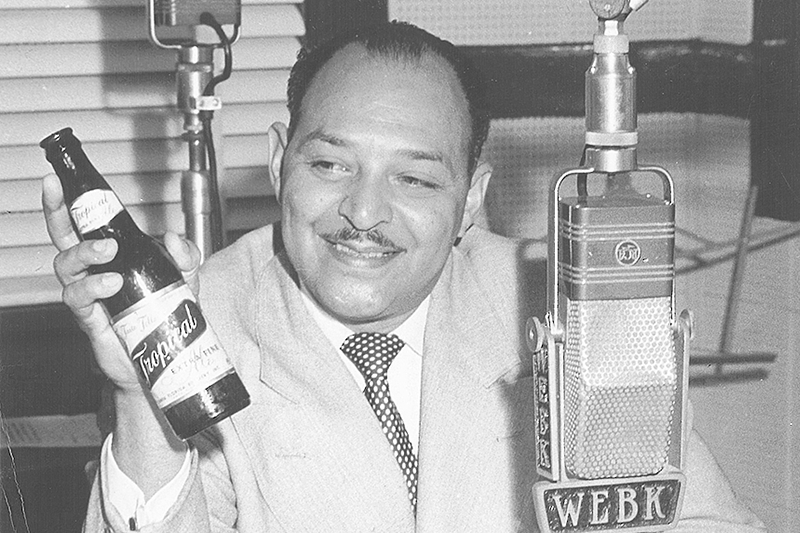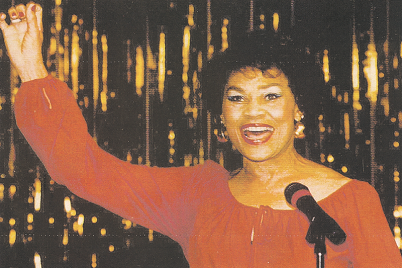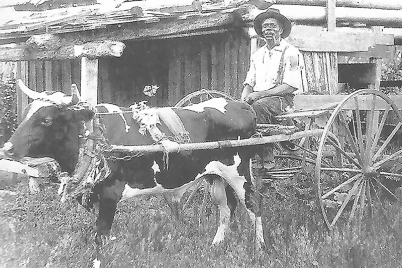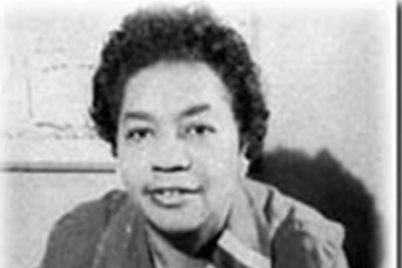Norman Jones Sr. was a photographer, publicist, journalist, entrepreneur, and political conservative whose controversial opinions on racial integration, civil rights, the Black Power Movement, and Black Studies in academia were documented in local and national newspaper articles and television and radio programs.
By Gwendolyn Reese
Norman E. Jones Sr. (1909-1990) was born in Kansas and moved to St. Petersburg in 1955. A photographer, publicist and journalist, Jones worked as a Florida editor for the Pittsburgh Courier and edited the African-American pages of the St. Petersburg Times and the Evening Independent.
For almost 20 years, he contributed a column entitled “Let’s Talk Politics” to various black newspapers throughout Florida. He also produced his own radio program on two Tampa stations and WTOG-Channel 44 televised the Norman E. Jones Show.
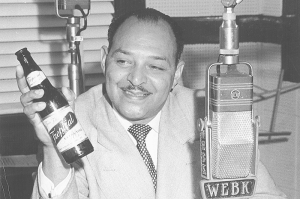 Until his health failed in the 1970s, he ran an advertising and public relations business in St. Pete. Active in politics for more than 50 years, Jones became a supporter of George Wallace’s presidential campaign. His writings and broadcasts offered him an opportunity to share his conservative political views and rejections to popular opinion.
Until his health failed in the 1970s, he ran an advertising and public relations business in St. Pete. Active in politics for more than 50 years, Jones became a supporter of George Wallace’s presidential campaign. His writings and broadcasts offered him an opportunity to share his conservative political views and rejections to popular opinion.
At the height of the Civil Rights Movement, Jones offered a divergent point of view. In his column, he spoke out vehemently against integration, the NAACP, Martin Luther King, Jr. and other social activists. He considered himself the black antagonist of black America because of his consistent message that blacks should blame themselves and no one else for the poverty that riddled the country’s inner-city neighborhoods.
Jones offered an alternative economic path to revitalizing black communities instead of the unrealistic programs for social justice and equality he said civil rights leaders emotionally duped black people into believing. Instead of integration, he wanted the separation of the races so that black communities could return to the economic self-determination he said they maintained during the first half of the 20th century.
Many of his opinions, considered controversial years ago, about school integration and the need to focus on economic development instead of social programs can now be heard throughout the black community.
His son Norman Jones II and widow Mary Brayboy Jones donated a collection of the late journalist’s writings to the Nelson Poynter Memorial Library Special Collections. The Papers of Norman Jones are included in The Civil Rights History Project: Survey of Collections and Repositories. A collection guide to the papers is available digitally through USFSP.
Sources:
Norman E. Jones, Jr. – Son
Papers of Norman E. Jones – The Civil Rights History Project: Survey of Collections and Repositories (American Folklife Center of the Library of Congress)
The World According to Norman E. Jones – University of South Florida

